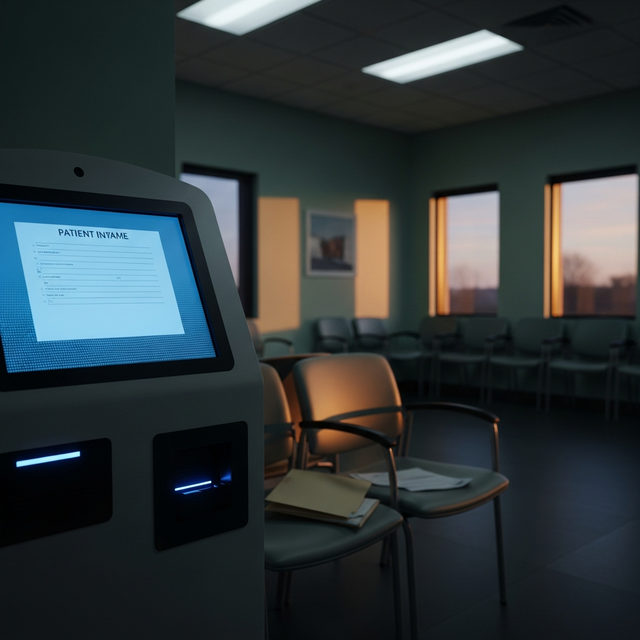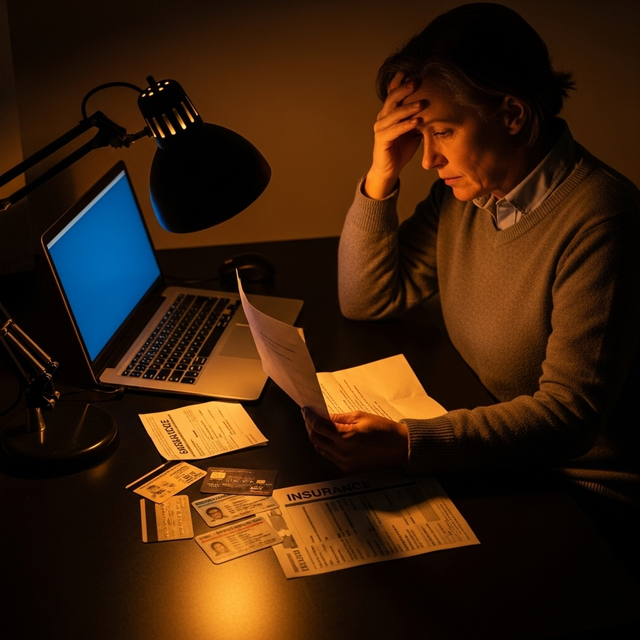The Alarming Cybersecurity Breach Threatening the U.S. Courts

This Federal Courts Security Breach is Way Worse Than Anyone's Saying
Remember when everyone freaked out about the SolarWinds hack back in 2020? Well, we've got another monster security breach on our hands, and this time it's hitting way closer to home - literally. The U.S. federal court system just admitted to a massive cybersecurity breach that's been going on for... wait for it...three years.
And trust me, as someone who's been in cybersecurity for years, this one's giving me serious heartburn.
What Actually Happened (And Why It's Really Bad)
Here's the deal: Someone - we still don't know who - managed to break into the federal courts' electronic filing system. We're talking about a system that handles some of the most sensitive documents in our country: sealed court records, witness information, and confidential informant details. This isn't just some random data breach - this is potentially life-or-death stuff for people in witness protection programs.
The scariest part? They were in there forthree yearsbefore anyone noticed. It's like leaving your front door wide open while you're on vacation, and only realizing it when you get back three years later.
Why This Is Different Than Your Average Hack
This isn't just about stolen credit card numbers or leaked passwords. We're talking about:
Sealed court documents that could compromise ongoing investigations
Informant identities that could put lives at risk
Information that could help criminals avoid prosecution
Details that could compromise national security
How Did This Even Happen?
From what we know so far (and believe me, we probably only know the tip of the iceberg), the breach likely came down to some pretty basic security failures. We're talking unpatched systems, outdated software, and - this drives me absolutely crazy - inadequate authentication measures.
What This Means For Regular People Like Us
Look, if the federal court system can get hacked this badly, it's a wake-up call for all of us. The good news? You can actually protect yourself better than they did. Here's what I tell my family to do:
1. Use a Password Manager (Seriously, Just Do It)
I can't stress this enough - if you're still using the same password everywhere or storing them in a notebook, you're asking for trouble. I got my whole family using NordPass last year, and it's been a game-changer. It generates unique passwords for everything and remembers them for you.
2. Add Another Layer of Security
Two-factor authentication isn't just for tech nerds anymore. I personally use a YubiKey 5 NFC for my important accounts. It's basically a physical key for your digital life - even if someone gets your password, they can't get in without this little device.
3. Keep Your Own Sensitive Documents Safe
If you're storing important documents on your computer, encrypt them. I recommend getting a Samsung T7 Shield Portable SSD for sensitive files. It's encrypted, practically indestructible, and way safer than leaving stuff on your laptop.
What Happens Next?
The courts are scrambling to patch things up, but honestly? This is going to have ripple effects for years. Cases might need to be retried, investigations could be compromised, and there's a very real possibility that sensitive information is already in the wrong hands.
The lesson here isn't just "government needs better cybersecurity" (though they definitely do). It's that none of us can afford to be lazy about security anymore. The tools to protect yourself are out there - and they're a lot easier to use than they used to be. Don't wait for your own personal data disaster to take this stuff seriously.
Quick heads up:Some links in this article are affiliate links. If you buy something through them, we might earn a small commission (doesn't cost you extra). We only recommend stuff we'd actually use ourselves or set up for our own families. No BS recommendations here.


